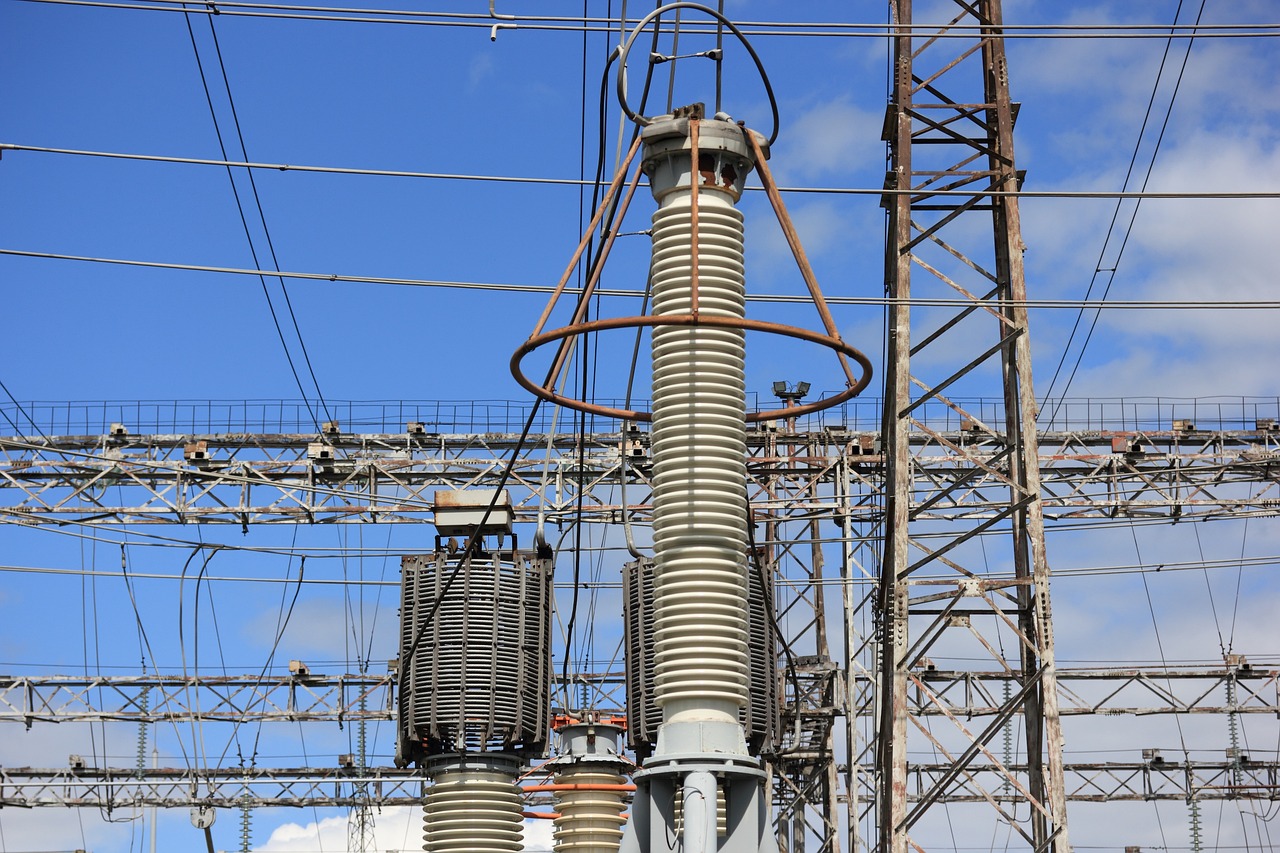Coping with Power Outages: Being Prepared in Lithuania
Power outages can occur unexpectedly due to inclement weather, equipment failures, or other unforeseen circumstances. It is essential to be prepared for such situations to ensure the safety and well-being of yourself and your loved ones. This article will provide you with detailed information on how to cope with power outages in Lithuania, offering valuable tips and guidance to help you navigate through these challenging times.
Understanding Power Outages
Power outages can be disruptive and inconvenient, affecting various aspects of your daily life. It is crucial to understand the causes and duration of power outages to better prepare for them. Here are some key points to consider:
- Causes: Power outages in Lithuania can result from severe weather conditions such as storms, strong winds, or heavy snowfall. Equipment failures, maintenance work, or accidents can also cause power disruptions.
- Duration: The duration of a power outage can vary depending on the cause and severity. While some outages may last only a few minutes or hours, others can extend for days, especially during extreme weather events.
- Impact: Power outages can affect various essential services, including lighting, heating, refrigeration, communication, and access to clean water. They can also disrupt transportation systems, businesses, and healthcare facilities.
Preparing for Power Outages
Being prepared for power outages can significantly reduce their impact on your daily life. By following these steps, you can ensure your safety and comfort during an outage:
- Create an Emergency Kit: Assemble an emergency kit that includes essential items such as flashlights, batteries, a first aid kit, non-perishable food, bottled water, and blankets. Store the kit in an easily accessible location.
- Backup Power Source: Consider investing in a backup power source, such as a generator or uninterruptible power supply (UPS), to provide temporary electricity during outages. Ensure that you follow safety guidelines when using these devices.
- Stock Up on Supplies: Keep an ample supply of necessary items like food, water, medications, and baby supplies to sustain you and your family during prolonged outages. Rotate perishable items regularly.
- Alternative Lighting: Have alternative lighting options available, such as candles, lanterns, or battery-powered lights. Avoid using open flames and ensure proper ventilation when using alternative light sources.
- Stay Informed: Stay updated on weather forecasts and emergency notifications through local news channels, radio, or mobile applications. This information can help you anticipate and prepare for potential power outages.
During a Power Outage
When a power outage occurs, it is essential to take certain precautions to ensure your safety and minimize discomfort. Here are some guidelines to follow during a power outage:
- Stay Calm: Remain calm and reassure others, especially children and the elderly, that assistance is available, and the situation will be resolved.
- Preserve Food: Keep refrigerator and freezer doors closed as much as possible to preserve perishable food. A well-stocked freezer can keep food frozen for up to 48 hours if left unopened.
- Use Generators Safely: If using a generator, place it outdoors in a well-ventilated area to prevent carbon monoxide poisoning. Follow the manufacturer’s instructions for safe operation.
- Unplug Appliances: To prevent damage from power surges when the electricity is restored, unplug sensitive electronic devices and appliances.
- Conserve Battery Power: Use electronic devices sparingly to conserve battery power. Optimize settings by reducing screen brightness and disabling unnecessary features.
Staying Safe and Comfortable
During a power outage, it is essential to prioritize safety and comfort. Here are some additional tips to stay safe and comfortable:
- Stay Warm: Dress in layers and use blankets to stay warm, especially during colder months. Avoid using outdoor heating or cooking devices indoors, as they can produce harmful carbon monoxide gas.
- Stay Hydrated: Ensure an adequate supply of drinking water for you and your family. If tap water is unavailable, use bottled water or boil water for at least one minute before consumption.
- Stay Connected: Conserve battery power on your mobile devices and use them wisely for communication. Inform friends, family, or neighbors about your situation to maintain contact.
- Check on Neighbors: If it is safe to do so, check on elderly or vulnerable neighbors who may require assistance during a power outage.
Lithuania Image 1:

Restoring Power and Reporting Outages
Power restoration is typically handled by the local electricity distribution company. Here’s what you should know:
- Contact the Electricity Provider: Report the power outage to your local electricity provider. They will provide you with information on the estimated restoration time and any necessary actions.
- Inform Authorities: If the outage poses a significant risk or affects a larger area, inform the local authorities to ensure prompt attention and support.
- Follow Safety Instructions: Follow any safety instructions provided by the electricity provider or local authorities during the power restoration process.
Lithuania Image 2:

Conclusion
Power outages can be challenging, but with proper preparation and knowledge, you can cope with them effectively. By understanding the causes, preparing an emergency kit, and following safety guidelines, you can ensure your safety and well-being during power disruptions. Remember to stay informed, conserve resources, and help others in need. With these measures in place, you can navigate power outages in Lithuania with confidence.
References
- Lithuanian Energy Institute: www.lei.lt
- Lithuanian Electricity Distribution Network Operator: www.le.lt
- National Weather Service Lithuania: www.meteo.lt
Lithuania Image 3:


